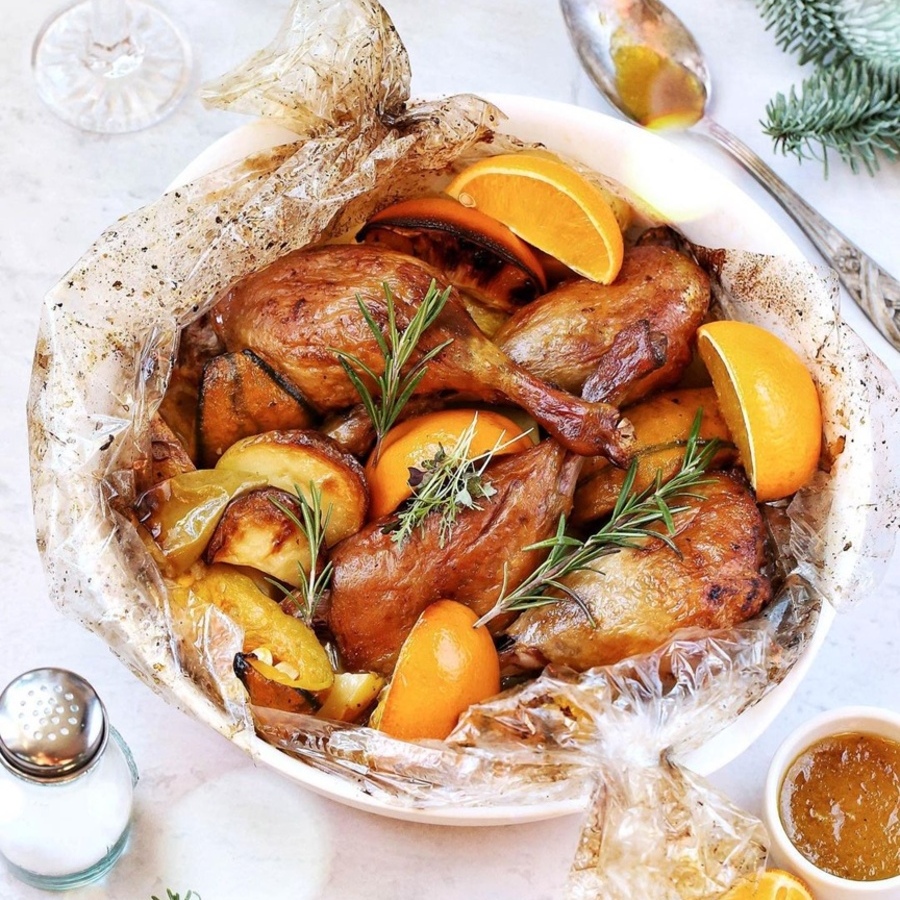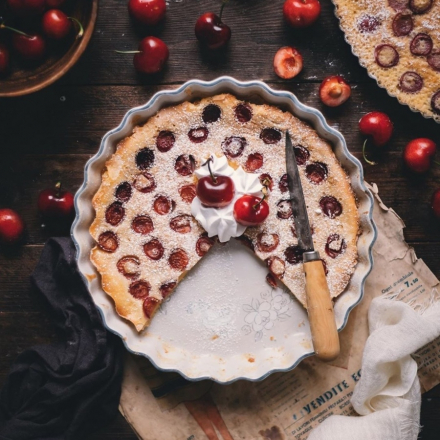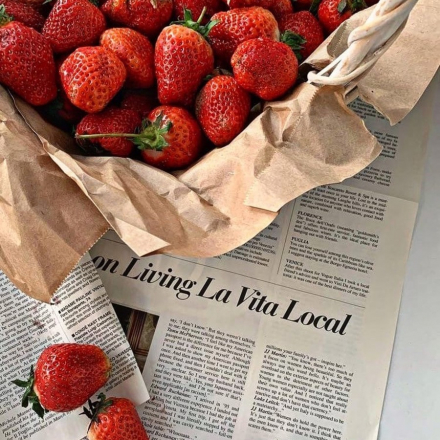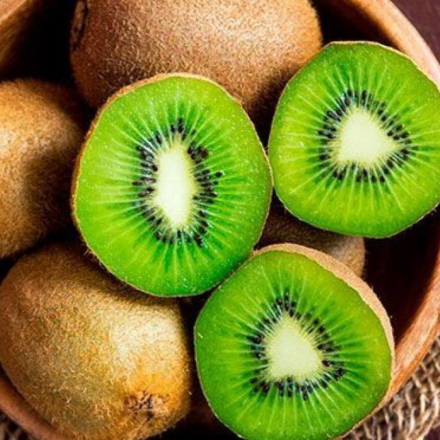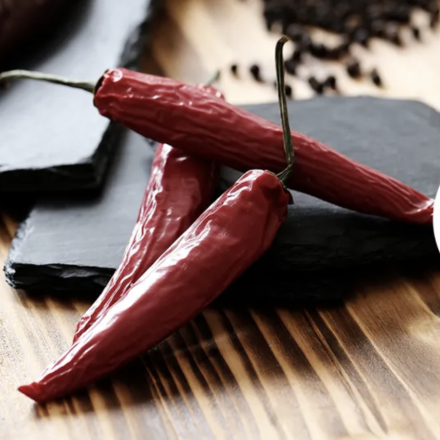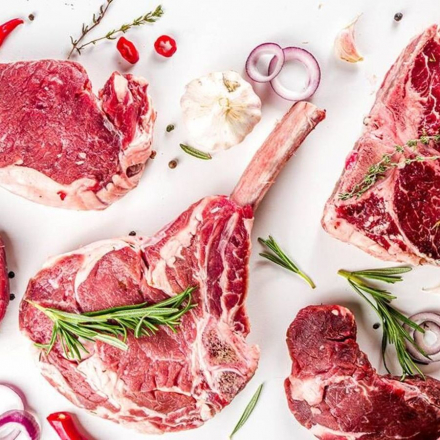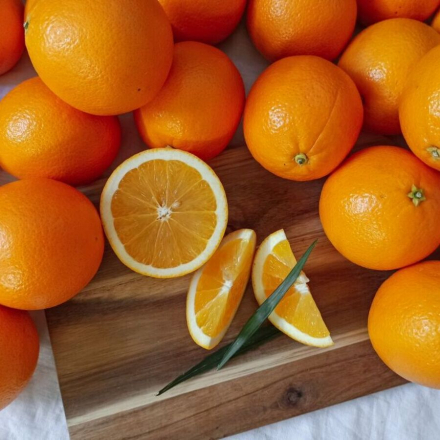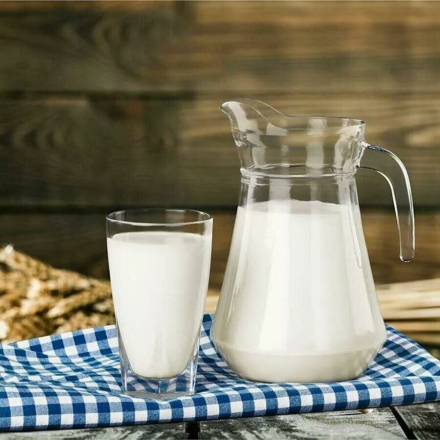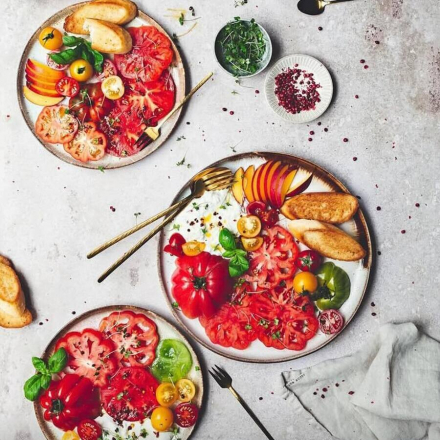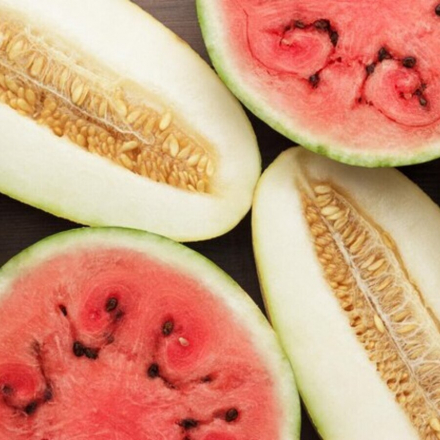Volumetric Eating: How to Eat More and Still Lose Weight
Who said a diet means tiny portions and constant hunger? Meet volumetric eating, a system that allows you to eat more without exceeding your calorie limit.
Who said a diet means tiny portions and constant hunger? Meet volumetric eating, a system that allows you to eat more without exceeding your calorie limit. It’s not just a trend—it’s a scientifically backed approach that helps control weight, feel full without overeating, and improve health. Let’s dive into how this method works and why it might become your best nutritional ally.
What is volumetric eating?
Volumetric eating focuses on choosing low-calorie, high-volume foods. This allows you to eat large portions without exceeding your daily calorie intake.
Core idea: You can eat more while still managing your weight and health.
Example: A large bowl of vegetable salad and a small slice of pizza might have the same number of calories, but the salad fills your stomach and keeps you full for longer, while the pizza doesn’t.
How did the concept of volumetric eating develop?
This idea started gaining popularity in the 1990s, thanks to research by American scientist Barbara Rolls. Her studies showed that people who eat high-volume, low-calorie foods lose weight more easily without severe restrictions.
Principles of volumetric eating: Eat a lot, but wisely
1. Choose low-calorie, high-volume foods
The foundation of this diet includes vegetables, fruits, broths, whole grains, and lean proteins.
2. Increase portion sizes
You can eat larger amounts without consuming too many calories, which helps prevent cravings and overeating.
3. Variety is key
Volumetric eating doesn’t impose strict limits. You can mix ingredients and create delicious, nutrient-rich meals that are both light and satisfying.
